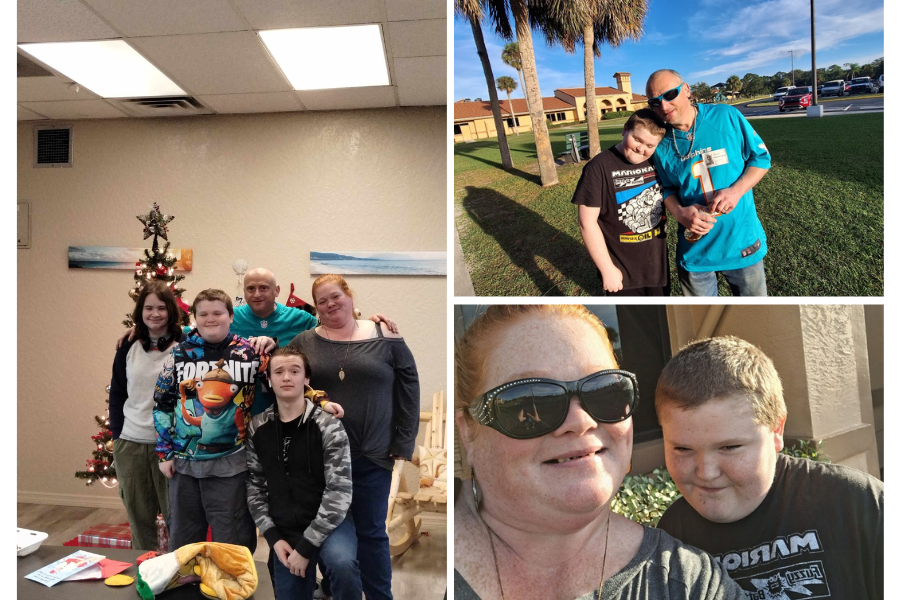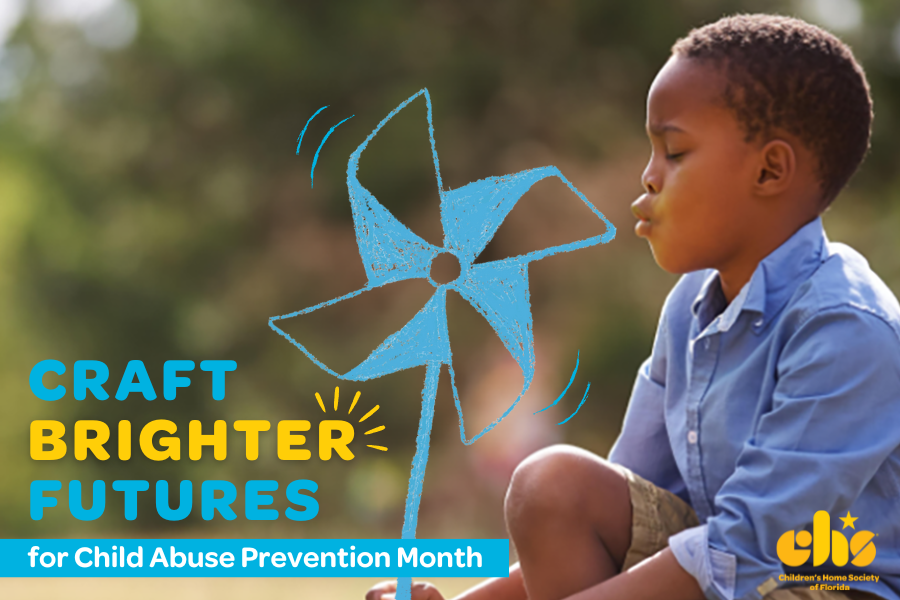Navigating the months following a storm like Ian can be tough.. but we’re here to help lighten the load. Residing in the Central Florida community too, we know the hurdles you’ve climbed. We know the resources that can best meet your needs during times like these, and we’re here to help. In Orange, Osceola and Seminole counties, we provide education, resources and connections to community partners through our crisis counseling program. To learn more, click here.
In the wake of Hurricane Ian, we’ve been in the community, connecting with you… our neighbors from near and far. We’ve heard your needs and answered your questions… common questions that we’ve outlined below:
Why do I feel the way I do?
The loss of or damage to your home, property, and personal belongings has set into motion weeks and even months of effort to recover and rebuild. While physical property and possessions are initial concerns that consume your time and energy, emotional reactions to disasters are often pushed aside or ignored.
It is very common for people to experience a wide range of emotional reactions to a disaster. These reactions are experienced through thoughts, feelings, and actions, and are often very upsetting to you and those around you.
However, it is extremely important to remember that they are NORMAL REACTIONS TO AN ABNORMAL EVENT. You have been through an exceptionally stressful situation and these emotional reactions may continue for many months following the disaster.
What are signs things are becoming “abnormal”?
Behaviors to watch for:
- Having problems falling or staying asleep
- Isolating yourself or withdrawing from others
- Keeping excessively busy and preoccupied to avoid the unpleasant effects of the disaster
- At times, becoming overly alert or easily startled
- Avoiding activities, places, or even people that remind you of the disaster
- Experiencing more conflicts or tension with family members or other people/more anger
- Crying easily or becoming tearful for no apparent reason
- Experiencing an increase or decrease in your normal appetite
- Drinking alcoholic beverages more
Feelings to monitor:
- “Just not yourself,” out of balance, or easily upset
- Loss of interest in everyday activities
- A sense of despair, hopelessness, or emptiness about the future
- Anxiety or fear, especially when things remind you of the disaster
- Irritability, shortness of temper, or anger and resentment
- Depression, sadness or feeling down much of the time
Thoughts to be cognizant of:
- Trouble concentrating or remembering things
- Difficulty with making decisions
- Frequent replaying of the events and circumstances of the disaster in your mind
- Recurring dreams or nightmares about the disaster
- Questioning of your spiritual or religious beliefs
The storm was months ago… shouldn’t I have adapted by now?
There are many concerns, adjustments, and ordeals that follow the experience of a disaster. Generally, within a short time there is the reality of financial setbacks and the loss of property and personal possessions. The endless adjustments that you and your family must make will put additional stress on your relationships and daily living. You may also grow physically and mentally weary from the enormous ask of cleaning up and rebuilding. All of these factors can hinder your ability to move forward.
In the aftermath of a disaster, it is important to remember that it will take time to heal and recover from the emotional effects of the event. However, with the passing of time, your efforts to cope will begin to reduce the intensity and duration of these reactions and behaviors.
How can I take steps to cope?
For yourself:
- Talk to others about how you are feeling. It is important to talk about your experiences. You need to express sadness, grief, anger, and fears over what has happened and what you face.
- Don’t overwork yourself. Take time off from repairs to be with your family. Take time for recreation, relaxation, or a favorite hobby.
- Do not let yourself become isolated. Seek out and maintain connections with your community,
friends, relatives, neighbors, coworkers or people who attend your place of worship. Talk about your experiences with them. - Pay close attention to your physical health, as prolonged stress takes its toll on your body. Maintain a good diet and make sure you are getting enough sleep. It is also helpful to be physically active or exercise.
- Upsetting times can cause some people to use alcohol or drugs to cope with the stress. It does not help in the long run and will likely cause other problems.
For your family:
- Try and keep your common routines, like regular meals, certain enjoyable activities, and other family rituals. This will help you feel as though life has some sense of order and normalcy.
- Couples should take time to be alone, as a couple, to talk about how you are feeling, and to have fun together.
- Take time to talk with children about their experience. Listen to what they have to say and let them freely express their feelings. This is a confusing and frightening time for them. Remember that children do not have the same level of coping or understanding that you have.
- Moving back home (once it is repaired) can bring mixed emotions such as relief and joy as well as sadness and fear. These are normal feelings and reactions. Sadness is often due to the reminders of things that were lost or destroyed. Feelings of fear and anxiety are common upon returning to the location that was invaded and damaged by the disaster.
- During the first year following a disaster, many calendar events such as birthdays, holidays, and the change of seasons can arouse emotions such as sadness and distress. It is normal for certain events to remind you of “how things used to be,” and of things that were changed or lost. Recovery and healing involves letting yourself grieve the loss of these things.
- As you endure long-term stress, your health can be adversely affected. It is common for people to have headaches, stomach or intestinal problems, colds, infections, and allergies more frequently. In addition, preexisting medical conditions such as heart problems and high blood pressure may be exacerbated by the prolonged stress.
If stress, anxiety, depression or physical problems increase, persist or interfere with your regular activities, you should consult a physician or a mental health professional. For you, our CHS counselors are here.
Interested in learning more? Submit a referral here and we’ll be in touch!









